The United States, with its foundational principles of democracy, freedom, and human rights, often finds itself at odds with various nations whose values and governance starkly contrast with these ideals. Here, we’ll explore countries that, due to their political systems, cultural norms, and societal practices, represent significant divergences from American values.
China: Authoritarianism vs. Democracy
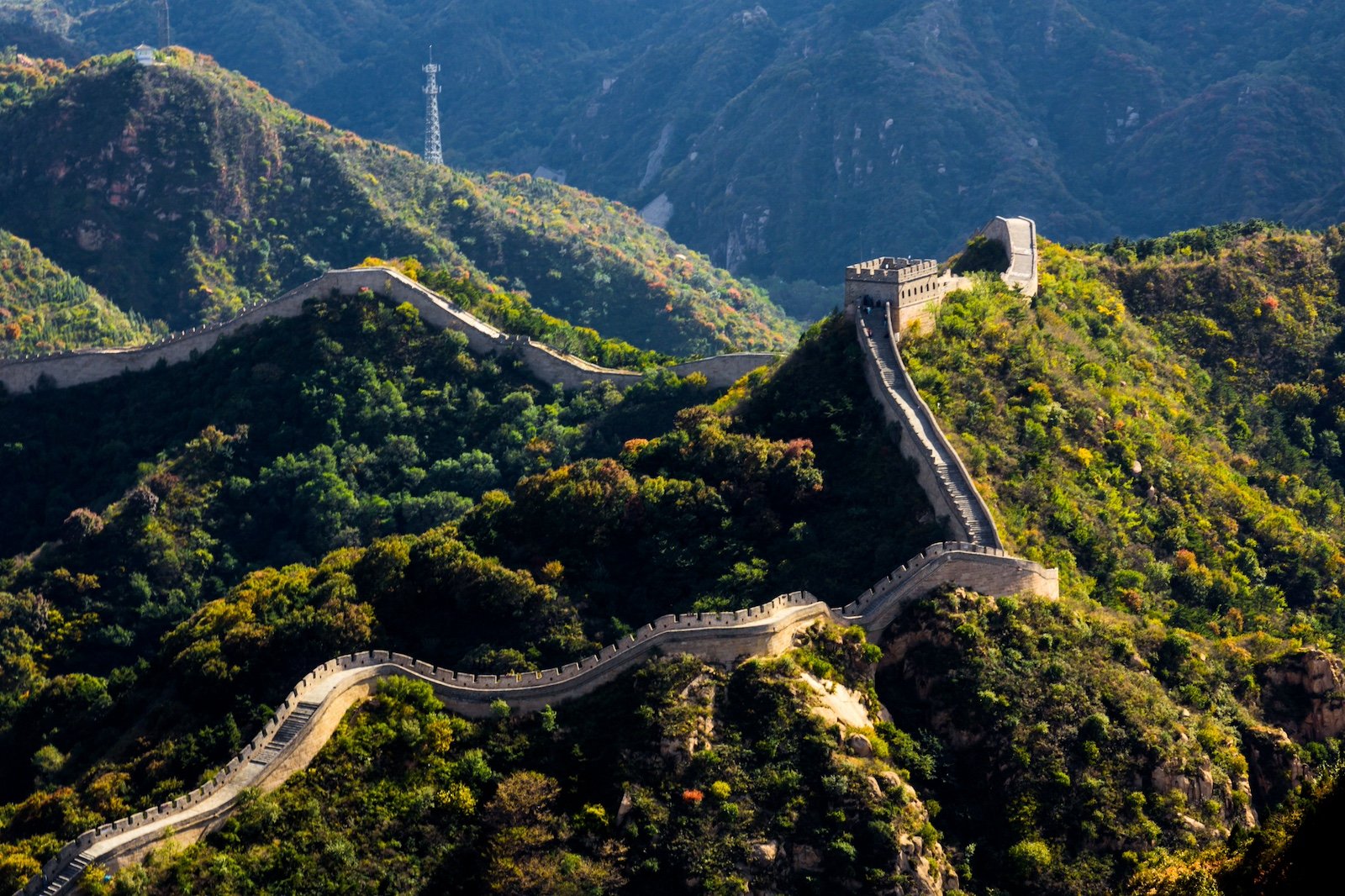
China, a global superpower, presents one of the most pronounced clashes with American values. The Chinese Communist Party (CCP) maintains strict control over all aspects of life, suppressing dissent and limiting freedoms that Americans cherish. The CCP’s authoritarian rule is evident in its extensive surveillance system, internet censorship, and the harsh crackdown on political dissidents and activists.
One of the most glaring examples of this clash is the situation in Xinjiang, where recent reports indicated that over a million Uyghur Muslims have been detained in re-education camps. These actions are seen as a gross violation of human rights, directly conflicting with the American commitment to religious freedom and individual rights. Additionally, China’s lack of press freedom and the repression of free speech starkly contrast with the First Amendment rights in the U.S.
Saudi Arabia: Human Rights Violations and Gender Inequality

Saudi Arabia, despite being a close ally of the United States, has practices that starkly conflict with American values, particularly regarding human rights and gender equality. The Saudi government’s strict interpretation of Islamic law imposes severe restrictions on freedom of expression, association, and religion.
The treatment of women in Saudi Arabia is a significant point of contention. Until recently, women were not allowed to drive, and even now, they face numerous restrictions on their autonomy and rights. The guardianship system requires women to obtain permission from a male relative to travel, marry, or work, which is a stark contrast to the gender equality and women’s rights championed in America.
Moreover, Saudi Arabia’s use of capital punishment is often carried out in public beheadings, and its treatment of political dissidents highlights a justice system that is fundamentally at odds with the American emphasis on due process and humane treatment.
North Korea: Totalitarian Regime and Isolation

North Korea, under the rule of the Kim dynasty, represents an extreme case of totalitarianism that clashes with every facet of American values. The regime’s control over its citizens is near-absolute, with severe restrictions on freedom of speech, movement, and access to information.
The North Korean government maintains a tight grip on the population through a combination of propaganda, surveillance, and brutal punishment for dissent. The existence of political prison camps where detainees face inhumane conditions and torture is a direct affront to American values of human rights and dignity.
North Korea’s isolationist policies and the personality cult surrounding its leaders further emphasize the divergence from American democratic values. The lack of political freedoms and the absence of a free press make it one of the most oppressive regimes in the world.
Russia: Erosion of Democratic Institutions and Suppression of Dissent
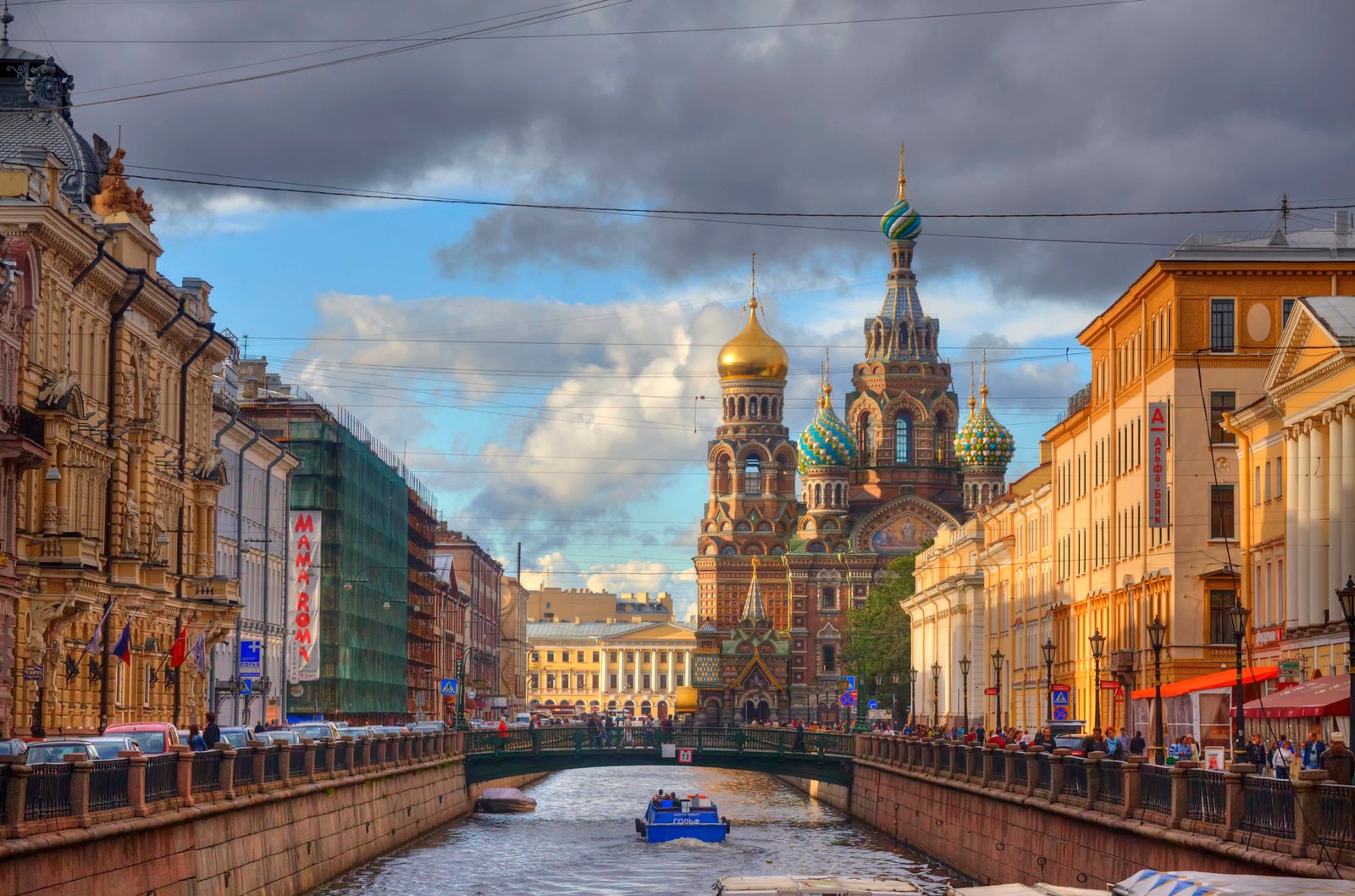
Russia, under Vladimir Putin, has seen a significant erosion of democratic institutions, drawing sharp contrasts with American values. While Russia holds elections, the political system is heavily skewed in favor of Putin and his allies, with widespread reports of electoral fraud and manipulation.
The Russian government’s crackdown on political opposition, independent media, and civil society organizations has led to a stifling of dissent. High-profile cases like the poisoning of opposition leader Alexei Navalny and the imprisonment of activists highlight the risks faced by those who challenge the regime.
In addition to domestic repression, Russia’s aggressive foreign policies, including the annexation of Crimea and interference in other nations’ electoral processes, represent actions contrary to the American ideals of sovereignty and democratic integrity.
Iran: Theocratic Rule and Limited Freedoms
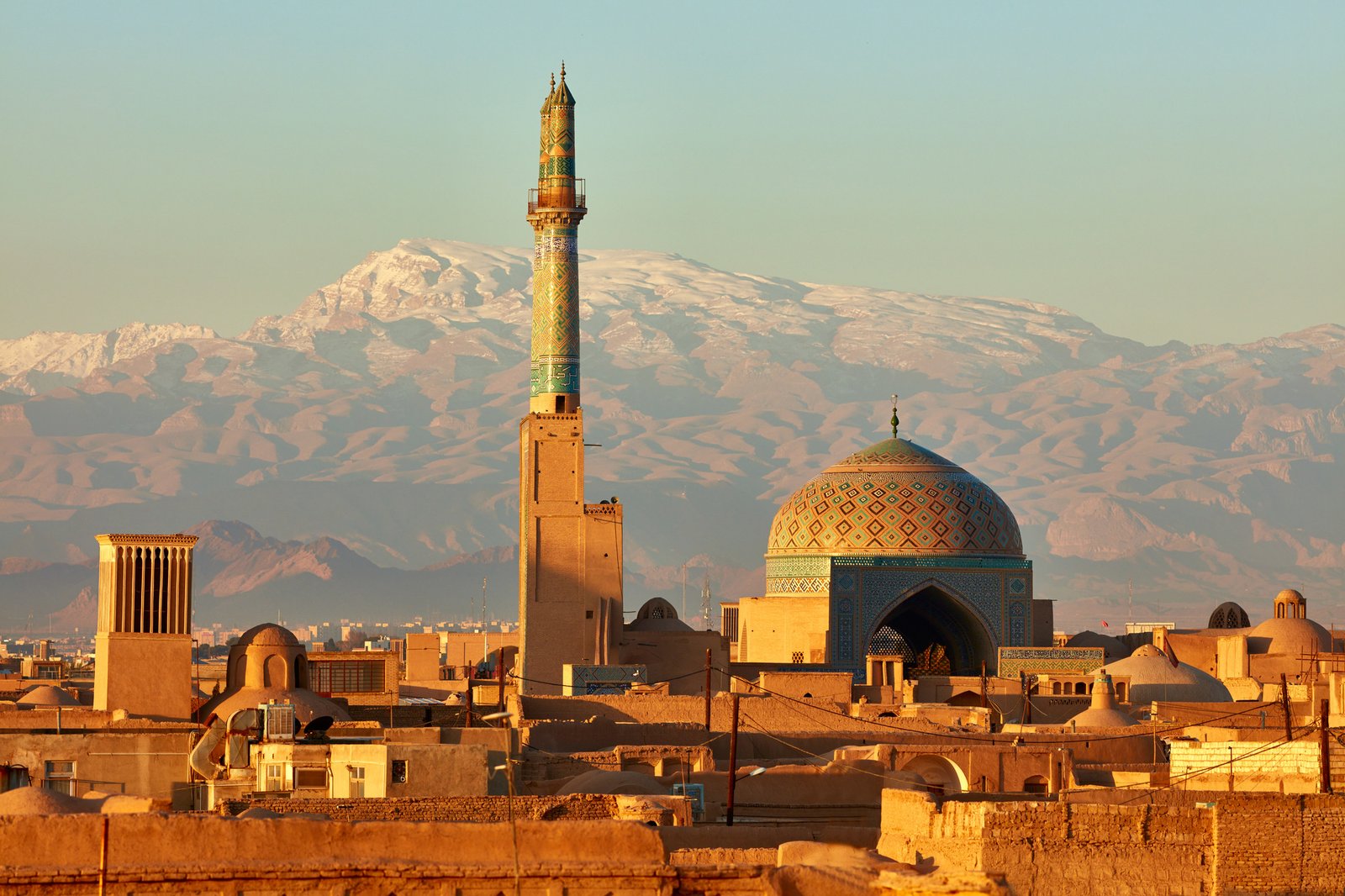
Iran’s theocratic government, led by Supreme Leader Ali Khamenei, imposes strict Islamic laws that limit personal freedoms and clash with American values of secular governance and individual rights. The Iranian regime’s control over many aspects of daily life, including dress codes and behavior, restricts freedoms that Americans consider fundamental.
The persecution of religious minorities, the imprisonment of political dissidents, and the suppression of free speech are significant issues in Iran. The use of capital punishment for crimes such as apostasy and the treatment of women as second-class citizens further highlight the vast differences in values.
Iran’s contentious relationship with the United States is also influenced by its nuclear ambitions and support for militant groups, which are seen as threats to global stability and security.
Venezuela: Economic Collapse and Political Repression
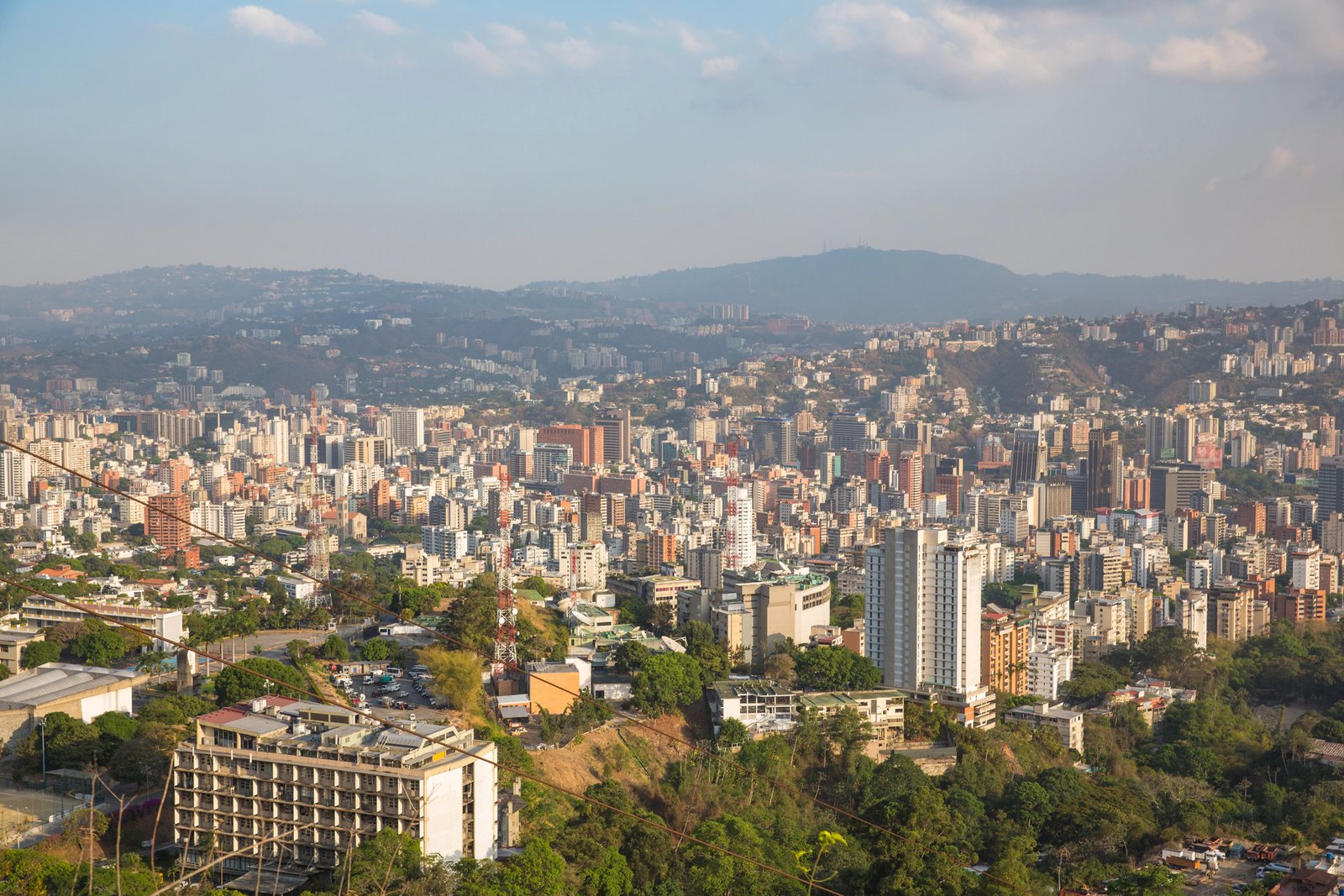
Venezuela, under the leadership of Nicolás Maduro, presents a case of economic collapse and political repression that contrasts sharply with American democratic values. The government’s mismanagement and corruption have led to severe economic crises, resulting in widespread poverty, shortages of basic necessities, and mass emigration.
The Maduro regime’s efforts to cling to power have involved undermining democratic institutions, including the judiciary and the electoral system. The suppression of opposition parties, imprisonment of political opponents, and use of security forces to quell protests illustrate the stark differences in governance compared to the United States.
The lack of freedom of the press and the targeting of journalists who report on the government’s failures further exemplify the clash with American values of transparency and accountability in governance.
Cuba: Communist Rule and Limited Freedoms
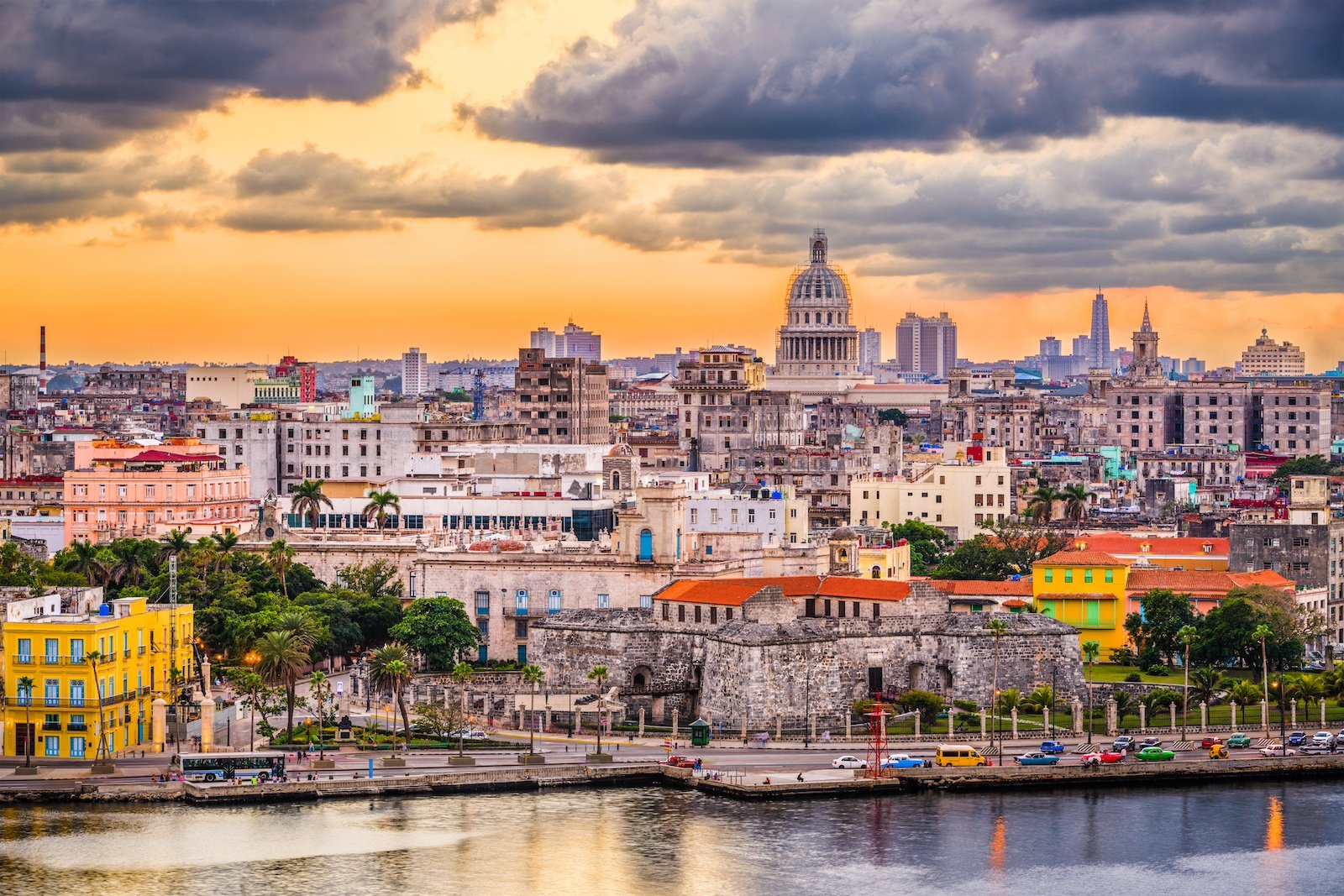
Cuba, a communist state since the 1959 revolution, maintains a one-party system that severely limits political freedoms and civil liberties. The Cuban government’s control over the media, suppression of political dissent, and restrictions on freedom of assembly are significant points of divergence from American values.
While Cuba has made strides in areas such as healthcare and education, the lack of democratic governance and economic freedom remains a major point of contention. The U.S. has long criticized Cuba’s human rights record, including the imprisonment of dissidents and the lack of free elections.
The ongoing U.S. embargo against Cuba is a testament to the enduring ideological clash between the two nations, rooted in their fundamentally different views on governance and individual freedoms.


